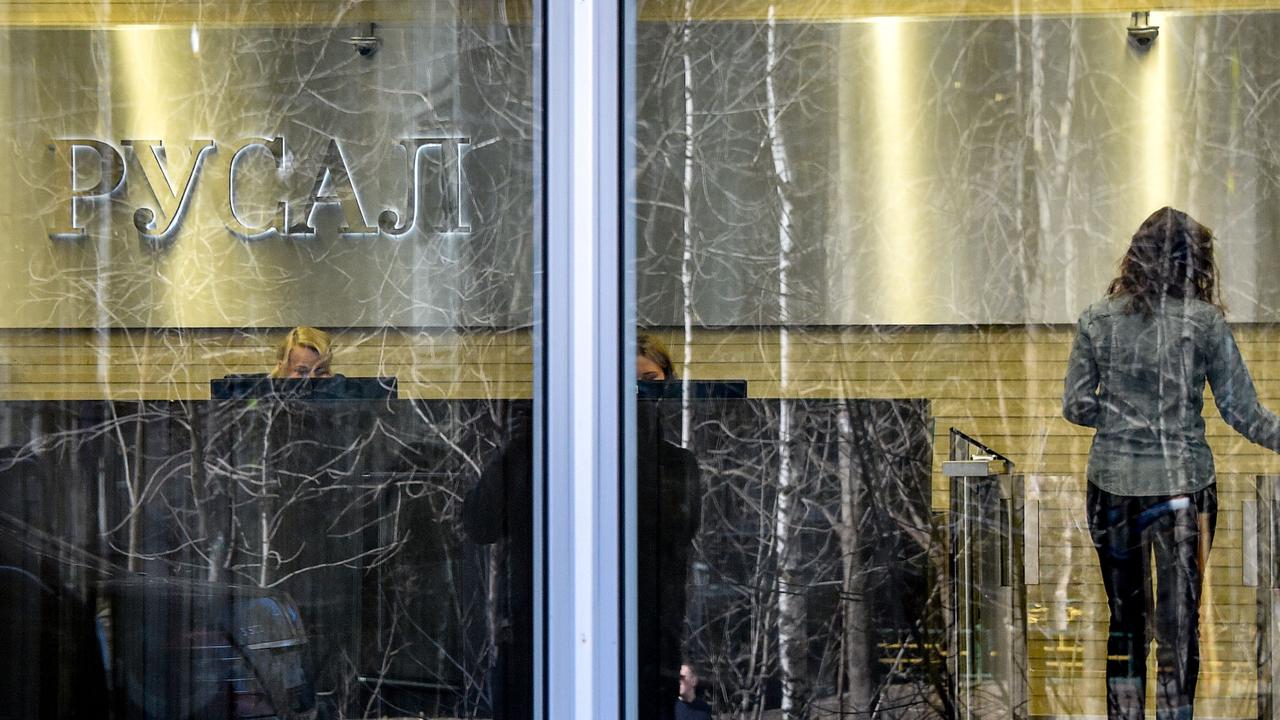China tie-up puts Virgin on a smoother flight path
The HNA placement will help Virgin strengthen its capital structure, but it’s the improved access to China that really matters.

The placement to China’s aggressively expanding HNA Group, a sprawling aviation, tourism, finance and logistics conglomerate, comes as Virgin continues its larger capital structure review and as it seeks to strengthen a balance sheet weakened by heavy cash outflows.
It also adds another strategic player to a register already crowded with strategic shareholders and allies, adding HNA’s 13 per cent shareholding (and a stated ambition to move to 19.99 per cent) to Singapore Airlines’ (pre-placement) 23.11 per cent, Etihad Airways’ 25 per cent, Richard Branson’s 10 per cent and Air New Zealand’s 25.9 per cent.
Air NZ, of course, is looking to sell its shareholding rather than contribute to another Virgin capital raising.
The pricing of the placement — 30 cents a share — represents a skinny two cents a share premium over Virgin’s share price close yesterday and won’t thrill Air NZ.
The NZ group, still majority-owned by the New Zealand government, has invested the best part of $500m acquiring shares and providing funding to Virgin. The shareholding, which cost nearly $390m, has already been written down by about $65m but is about $50m under the water at the placement price.
HNA’s desire to own 19.99 per cent might, however, help facilitate Air NZ’s exit, as it could top up its stake by buying part of the Air NZ holding, leaving the NZ carrier with just under 20 per cent to sell to another party with strategic ambitions (there’s an orgy of strategic alliances occurring around the world) or the market at large.
The entry of China’s fourth-largest airline (the largest privately-owned) to the register also probably spells the end of the much-speculated prospect of Singapore Airlines making a bid for Virgin.
While the capital raised from the placement to HNA won’t by itself be sufficient to satisfy Virgin’s capital requirements, variously estimated by analysts at between $500m and $1bn, it will help.
Of greater longer term consequence, however, is the relationship with the Chinese group and the entree it will provide to the fastest-growing source of inbound travellers to this market.
Qantas has its own Chinese alliance, having entered a joint venture agreement with China’s second-largest carrier, China Eastern that was approved by the Australian Competition and Consumer Commission last year. That relationship gives Qantas access to China Eastern’s Shanghai hub.
HNA owns Hainan Airlines, based in Hainan province, but also has shareholdings in a string of both Chinese airlines as well as others outside China. It has interests in leasing, financial services, tourism, hotels, logistics and retailing and has been expanding rapidly.
Earlier this year it announced an agreement to buy Carlson Hotels, which controls the Radisson brand among others, for a rumoured $US2bn.
Virgin said the group was committed to supporting the outcomes of its capital structure review, which has yet to be finalised. The placement is conditional on a number of government and regulatory approvals.
Virgin’s need for another big capital injection became apparent earlier this year when, after experiencing negative free cash flows of more than $250m in the December half (despite reporting a major rebound in earnings) its strategic shareholders had to provide it with a $245m 12-month subordinated loan facility.
Subsequently, its new chairman, Elizabeth Bryant, announced the capital structure review — and Air NZ announced its own review of the options for its shareholding, which is clearly wants to exit rather than contribute more capital to Virgin. That 25.9 per cent of its capital is overhanging the market complicates Virgin’s potential capital raising and acts as a depressant for the price of its shares.
That Virgin has been burning cash during a period of very low fuel prices and against the backdrop of a stable domestic market after the end of the capacity war with Qantas — and has foreshadowed a second-half loss for this financial year — has put Virgin’s John Borghetti under some pressure.
With both the domestic and international markets showing some signs of weakening, and the oil price and therefore fuel prices significantly off their lows, there’s an obvious need to shore up a Virgin’s balance sheet stretched by Borghetti’s dramatic and expensive transformation of the group from a low-cost carrier to a full service competitor to Qantas.
Ahead of the International Air Transport Association annual meeting that is now underway in Dublin, the association’s director-general, Tony Tyler, referred to a tapering of the growth rate in demand that had been stimulated by low oil prices.
Around the world — and in this market — airlines are starting to cut back on capacity growth in response to slowing demand growth.
Qantas’ most recent traffic and capacity statistics, released this week, showed reductions in capacity in both its domestic businesses last month, with domestic capacity down 0.5 per cent for the month and Qantas-branded capacity down 0.2 per cent for the year to date.
The prospect of rising fuel prices and lower demand adds pressure to the findings and outcomes of Virgin’s review of its capital structure. At least the entry of HNA to the register will reduce the size and help spread the burden of another capital raising beyond the two existing committed strategic shareholders and alliance partners, Singapore and Etihad.




Virgin Australia has unveiled the first plank in its efforts to shore up its eroding capital structure, another strategic alliance that will inject $159 million into the carrier while creating a potentially valuable portal into the rapidly growing Chinese travel market.